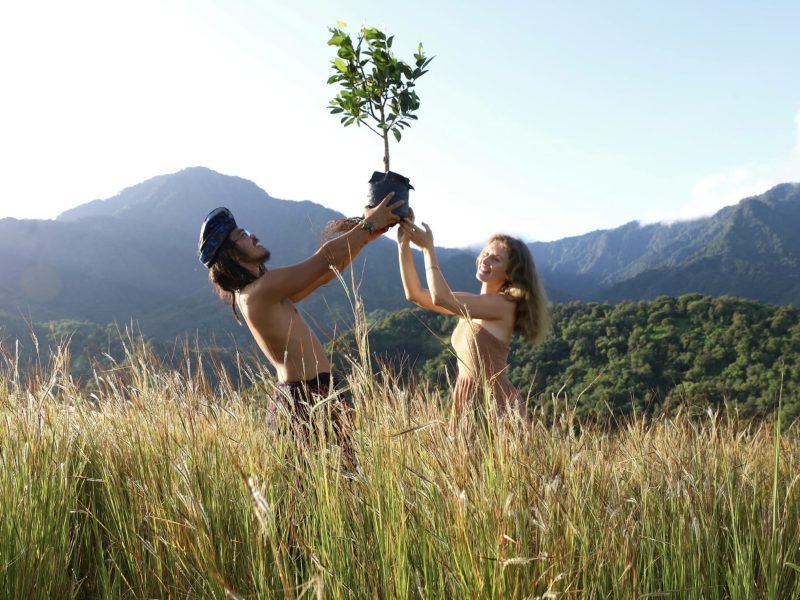Reforestation Effort

In collaboration with the Mendaki Pohon Initiative and the local community, this project seeks to restore the vital role of forests for local people, smallholder farmers, and researchers. Bali’s natural forests, deeply tied to ecological balance and cultural identity, are under threat from rapid development and mass tourism.
Global climate conditions show that the Earth is in crisis, and the loss of forests happening every second plays a major role. For Bali, a small island highly dependent on its forests for environmental health, spirituality, and culture, this challenge is especially urgent. Yet, forests are increasingly abandoned as communities lose their connection to them. Tourism has intensified this problem, with construction spreading into springs, riverbanks, and hillsides, eroding awareness of the forest’s importance to human life.
Still, hope remains. In Tigawasa village, for example, communities uphold a tradition that regards forests as temples, protecting them through customary rules. Similarly, a growing collective awareness is emerging among tour guides and smallholder farmers who have been protecting and replanting forest areas for the past three years. These dedicated groups have long been active in sustaining biodiversity and preventing further damage.
This project builds on those efforts by reforesting degraded areas and increasing biodiversity with diverse local tree species. It also addresses the problem of invasive, non-native plants introduced by past government planting programs that now threaten natural forest regeneration. By planting native trees and fostering community education, the initiative seeks to restore the forest’s health while renewing the community’s bond with the land.